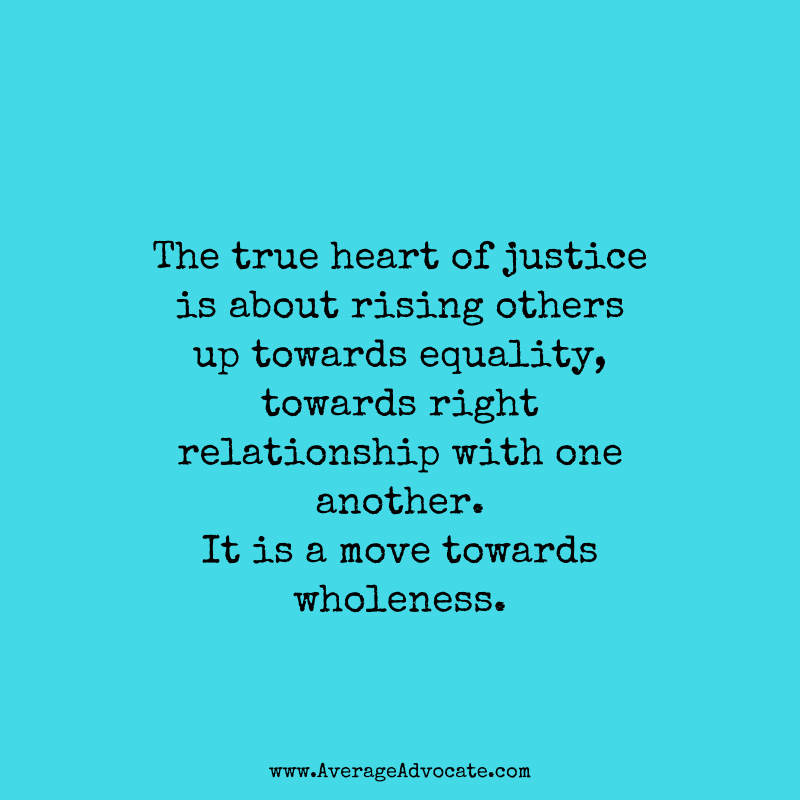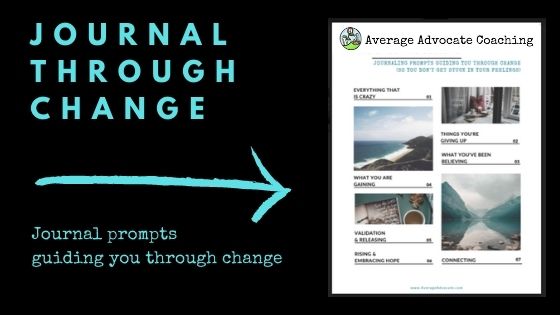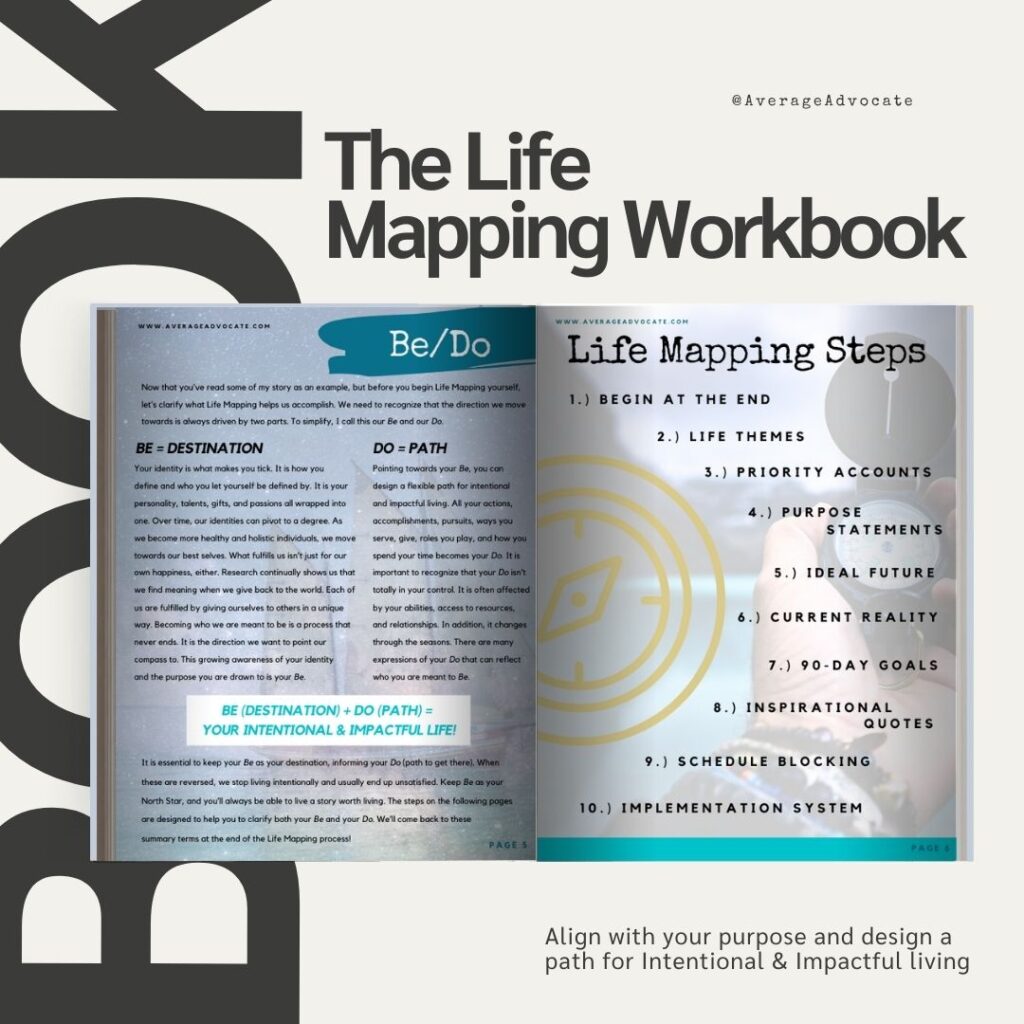How do you perceive what happened last year, at the U.S. Capitol? How do you even begin to have good conversations about it? Or other controversial politically rife topics? Let alone bring it back around to living justly? Talking about these tension-points are always difficult. Below I’ll below I go over some hindrances that influence these conversations and good questions to keep in your toolbox to ask to help you navigate towards justice.
What Happened at the Capitol Last Year?
So what did happen at the U.S. Capitol last year? Some news sites call it an “insurrection” and others a “revolution.” Some just call it an incident, others a mob, riot or siege. I could call it what I think it was. I can name it too. Sometimes there is a place for that.
Good Advocacy Strategy
Often, there are other strategies that can be more effective in good advocacy when you are talking to people who don’t see eye-to-eye with you. As I help people intersect their everyday lifestyle with living more justly, here’s an alternative we can adapt:
This idea was taken from a teacher in Iowa (for the life of me, I can’t remember her name). She didn’t tell her class what was happening at the Capitol. Instead she had them watch it. Then, as objectively as they could, they described the scene in writing. After, she asked them if there were words in the dictionary to describe what they had written.
This is a great strategy with kids in general! But can it be modified for our everyday conversations?
Hindrances to Good Conversations on Controversial Subjects
With adults, there are so many more venues of information coming in beyond what is visible. We have so many avenues of information at our fingertips! Then there is the question of how valid those sources of information are. Who is providing the information? What are their motives?
As an early internet user, one thing my generation was required to do in school was to learn how to recognize good sources of valid information. But most older generations weren’t taught this. And regardless, if we only listen to certain sources, and the friends that share those sources, that is usually what we end up believing. The only way we can break out of “groupthink” is by putting ourselves around sources of information we are automatically biased against, until we have practice navigating information that we don’t like and picking out the bits of truth (if there are any) within it. But that requires critical thinking skills and being uncomfortable.
Then, ultimately, we’ve already judged most information and situations based-off of our views of a moral right/wrong. That framework was usually adapted into our worldview in childhood, but can change as we grow, learn, or adapt our faith to our lifestyles.
Then, in addition, there is whether someone is even willing or able to have a conversation on something controversial. Often, people have too much at stake to not be defensive or go into fight, flight or freeze mode. This post doesn’t cover how to help defenses stay down, but at least be aware that they are there.
- Information
- Sources
- Morality of justice
- Emotional capacity to engage
With those things working against these types of conversations, no wonder it’s hard for adults to be objective!
For example, our history honors the Revolutionaries in the 1700’s, and not the Confederacy in the 1800’s. This is partially because our history books teach us how to think about something. They were also likely part of our framework for learning our morality of justice. To challenge what they teach us would really require us to take our defenses down.
Good Questions We Can Begin to Ask to Lead Towards True Justice
Looking at both the Revolutionary War and Civil War leaders we also can see some other things. What were the shared values and beliefs were of each of those cause leaders? What were their motives? What was their “why?”
It is so easy to deceive ourselves. It’s easy to believe we are making a better world, for in a way, maybe we are. But are we only making a better world for ourselves?
Ultimately, we have to decide what values drive us the most when pursuing a lifestyle of justice.
And the true heart of justice is about rising others up towards equality, towards right relationship with one another, towards wholeness. Justice isn’t about making it about ourselves greater. Justice isn’t about power, or clawing ourselves over others for gain. Most of the time when it is for our gain, we end up using people or making them feel unseen. This might not be purposeful, like when we treat our waiter as a robot or are unaware slaves are making our clothing. Eventually, though, this harvests oppression and injustice.
With motive, we can always question whether we are just pursuing something for ourselves–for our own happiness at the sake of others–or pursuing what would really create a more just world for all.
One of the best tells if something is pursing true justice is how it affects the vulnerable and marginalized. When we look at history, how did the Revolutionary War Pay out? Was it worth the cost? Canada changed their government differently than we did, would that have hurt less people?
Or with the Civil War, was the Confederacy going to hurt or help people who were oppressed? Was it about wealth and gain? I think we are all aware that slavery needed to be abolished, but there was more to the Civil War than this. But what was the end result? Was it worth those lives lost for a more just world?
Now, more specifically about last year’s incident at the Capitol, who do you think success would have made a better world for?
We aren’t going to get our family, co-workers or friends to write a paper, like that teacher did. But in tense conversations maybe we can integrate some of these questions.
- Let’s zoom out objectively for a moment. Describe what it looked like?
- What would you call what that looked like?
- What were their motives?
- Who would this have helped?
- Who would it have hurt?
- How would it have affected the marginalized and vulnerable?
- Do you think it would it have been worth the cost?
We might not ever get on the same page, especially if we have a different morality of justice. But questions like these are helpful to keep defenses down and have more productive conversations. We want to keep them in our tool bags as everyday advocates pursuing true justice.
🌿 After a year to think about it, what’s been one takeaway you had from what happened at the Capitol on 1/6/21?
Tell me in the comments!










